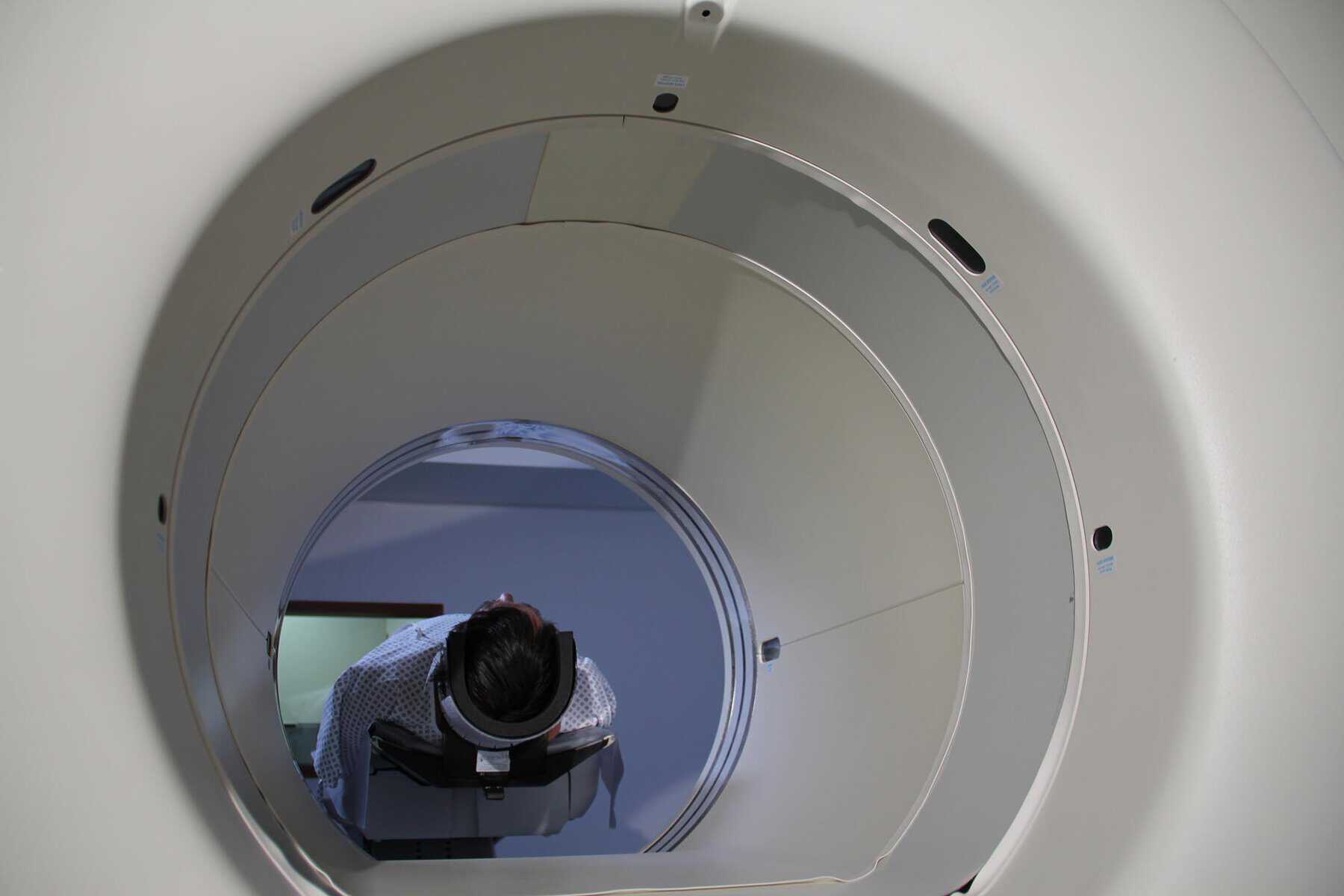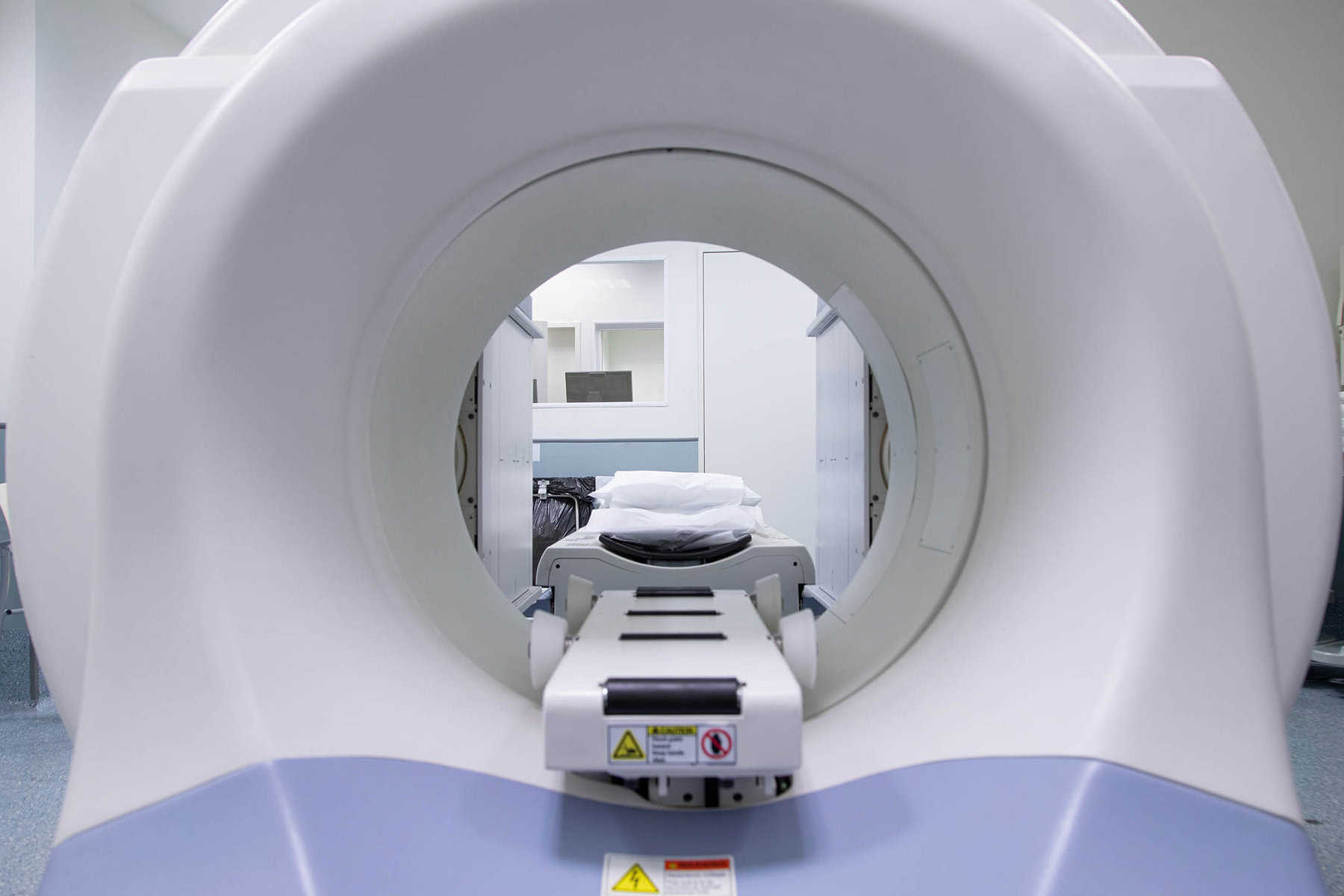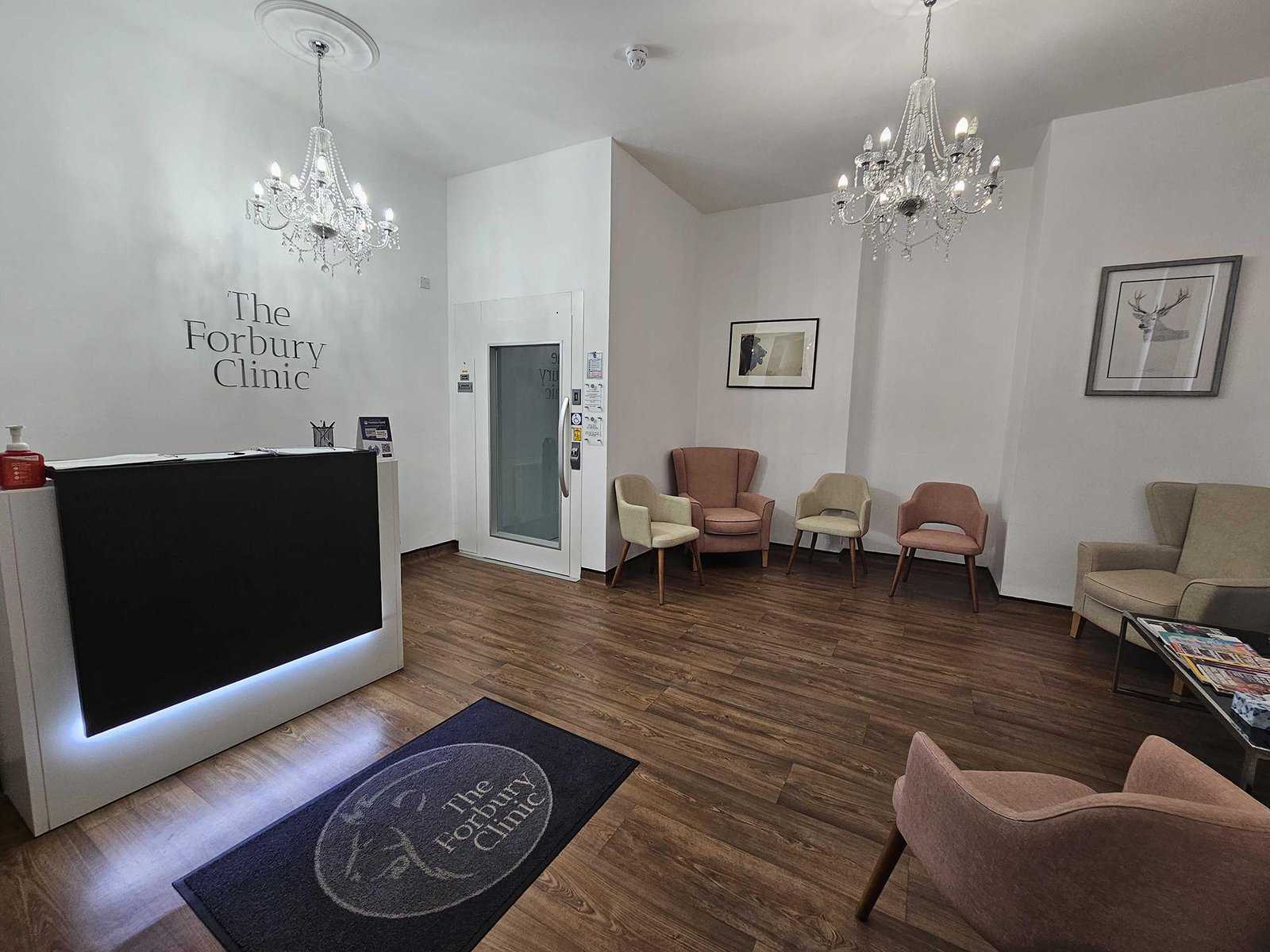Advanced CT Colonography
Ensure precise diagnosis and effective treatment with advanced CT colonography at The Forbury Clinic. Submit an enquiry for a consultation and access our state-of-the-art imaging services.

Overview of CT Colonography
CT colonography, also known as virtual colonoscopy, is a non-invasive imaging technique used to examine the colon and rectum for polyps, cancer, and other abnormalities. This advanced procedure provides detailed, cross-sectional images, allowing for early detection and treatment of colorectal conditions. Early diagnosis is crucial in preventing and managing colorectal diseases effectively. At The Forbury Clinic, we specialise in providing advanced CT colonography services with a focus on patient comfort and accurate results. Contact us today to learn more and schedule a consultation.


What is CT Colonography?
CT colonography, or virtual colonoscopy, is a diagnostic imaging procedure that uses computed tomography (CT) technology to produce detailed images of the colon and rectum. Unlike traditional colonoscopy, CT colonography is non-invasive and does not require sedation. During the procedure, a small tube is inserted into the rectum to inflate the colon with air or carbon dioxide. This allows for clear visualisation of the colon’s interior. The CT scanner then takes multiple cross-sectional images, which are reconstructed into a 3D model of the colon. Common symptoms indicating the need for CT colonography include rectal bleeding, changes in bowel habits, and unexplained abdominal pain. This procedure is essential for screening and diagnosing colorectal cancer, polyps, and other conditions.
Causes and Risk Factors
CT colonography helps identify several conditions, each with its own set of causes and risk factors:
- Colorectal Cancer
- Colon Polyps
- Diverticulosis and Diverticulitis
Causes:
Genetic mutations, chronic inflammation, and lifestyle factors such as diet and smoking.
Risk Factors:
Age (over 50), family history, inflammatory bowel disease, high-fat diet, and sedentary lifestyle.
Causes:
Genetic predisposition, inflammatory conditions, and diet.
Risk Factors:
Age, family history, certain genetic syndromes, and lifestyle factors.
Causes:
High-pressure areas in the colon leading to the formation of pouches (diverticula).
Risk Factors:
Low-fiber diet, aging, obesity, and lack of exercise.
Understanding these causes and risk factors helps in the early diagnosis and effective management of colorectal conditions, improving patient outcomes and quality of life.
Diagnosis
Diagnosing colorectal conditions at The Forbury Clinic involves a thorough evaluation using CT colonography. The diagnostic process includes:
- Initial Consultation: Discussing your symptoms, medical history, and risk factors with a specialist to determine the need for CT colonography.
- Preparation: Providing instructions on how to prepare for the scan, including dietary restrictions and bowel preparation.
- Imaging Procedure: You will lie on a table while a small tube is inserted into the rectum to inflate the colon. The CT scanner will then take multiple images of your colon and rectum. The procedure typically lasts 10 to 20 minutes.
- Image Analysis: A radiologist will analyse the CT colonography images to identify any polyps, tumors, or other abnormalities.
- Reporting: Detailed reports are shared with your referring physician, who will discuss the findings and potential treatment options with you.
These steps ensure a thorough and accurate diagnostic process, aiding in effective treatment planning.

Treatment Options
Based on the findings from the CT colonography, various treatment options may be considered to address colorectal conditions:
- Lifestyle Modifications:
- Medications
- Non-Surgical Procedures
- Surgical Options
- Innovative Treatments
Dietary Changes:
Adopting a high-fiber diet to promote bowel health.
Exercise:
Engaging in regular physical activity to maintain a healthy digestive system.
Smoking Cessation:
Quitting smoking to reduce the risk of colorectal cancer and other diseases.
Anti-Inflammatories:
To reduce inflammation in conditions like diverticulitis.
Antibiotics:
For treating infections associated with diverticulitis or other inflammatory conditions.
Polypectomy:
Removal of polyps during a follow-up colonoscopy.
Endoscopic Mucosal Resection (EMR):
A minimally invasive procedure to remove larger polyps or early-stage cancer.
Colectomy:
Surgical removal of part or all of the colon for advanced polyps or colorectal cancer.
Laparoscopic Surgery:
Minimally invasive surgery to remove tumors or diseased sections of the colon.
Colostomy:
Creating an opening in the abdominal wall to divert waste if part of the colon is removed.
Targeted Therapy:
Using drugs that specifically target cancer cells.
Immunotherapy:
Boosting the immune system to fight cancer.
Radiation Therapy:
Using high-energy rays to kill cancer cells and shrink tumors.
At The Forbury Clinic, our multidisciplinary team ensures that each patient receives the most appropriate and effective treatment, tailored to their specific needs and health goals.
Managing Colorectal Conditions
Managing colorectal conditions involves a combination of medical treatments and lifestyle changes to control symptoms and improve overall health. At The Forbury Clinic, we provide comprehensive care and guidance to help manage colorectal conditions:
Healthy Diet:
Following a balanced diet rich in fiber to support digestive health.
Regular Exercise:
Engaging in moderate-intensity physical activity to maintain a healthy digestive system.
Weight Management:
Maintaining a healthy weight to reduce strain on the digestive system.
Monitoring Health:
Regular check-ups to monitor for recurrence of polyps or cancer.
Medication Adherence:
Taking prescribed medications as directed to manage risk factors and prevent complications.
Stress Management:
Practicing stress-reduction techniques such as meditation, yoga, and deep breathing exercises.
These management strategies aim to complement medical treatments and provide a holistic approach to improving digestive health and overall well-being.
Complications
While CT colonography is a highly effective diagnostic tool, it is important to be aware of potential complications and the prognosis for untreated colorectal conditions:
- False Positives/Negatives: There is a small risk of inaccurate results, which may require further testing for confirmation.
- Discomfort: Some patients may experience mild discomfort due to the inflation of the colon during the procedure.
- Radiation Exposure: CT colonography involves exposure to low levels of radiation, but the benefits typically outweigh the risks.
Prognosis
The prognosis for patients with colorectal conditions largely depends on the severity of the condition and the effectiveness of the treatment plan. With timely diagnosis and appropriate treatment, many individuals can achieve significant improvements in digestive health and quality of life. Regular follow-ups and ongoing management are crucial to prevent complications and maintain optimal digestive function.


Why Choose The Forbury Clinic?
Choosing The Forbury Clinic for your CT colonography and subsequent care ensures you receive exceptional care from a team of experienced specialists. Our clinic is renowned for its expert medical staff who are dedicated to diagnosing and treating colorectal conditions with precision and compassion. We use state-of-the-art diagnostic tools and the latest medical advancements to provide accurate diagnoses and innovative treatments tailored to your specific needs. Our patient-centered approach prioritises your comfort, privacy, and overall well-being, offering comprehensive support throughout your digestive health journey. At The Forbury Clinic, you can trust that you are in capable hands, with a dedicated team committed to helping you achieve optimal digestive health and a better quality of life.
